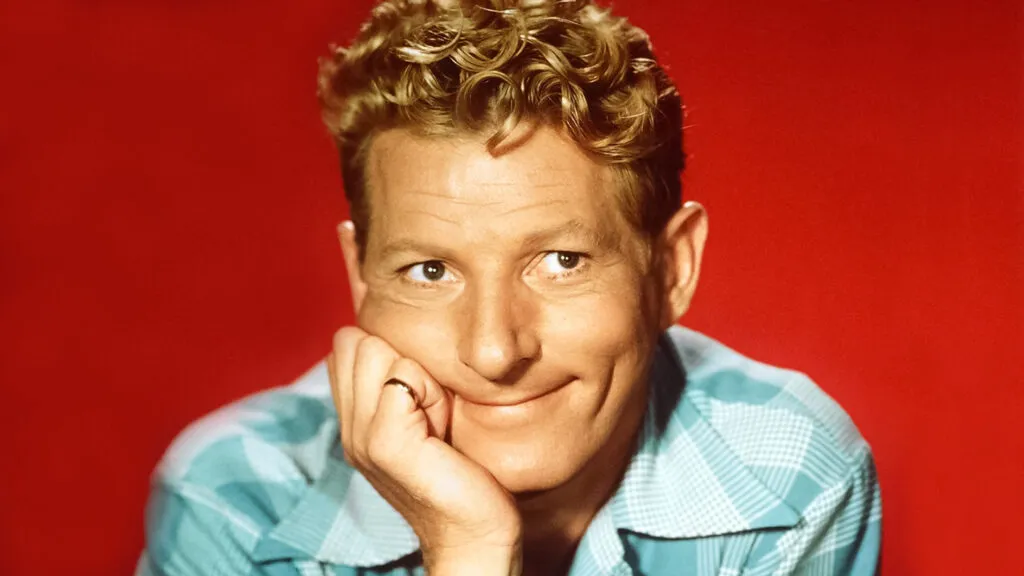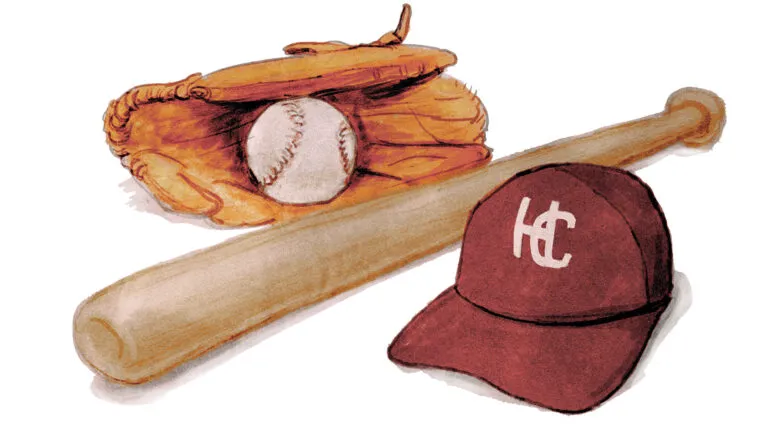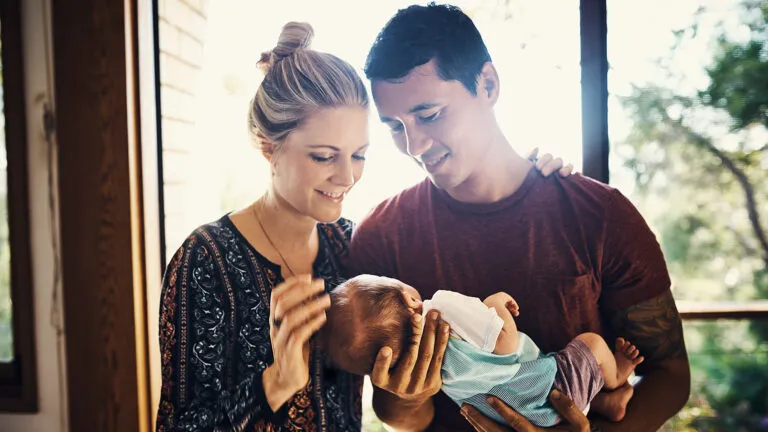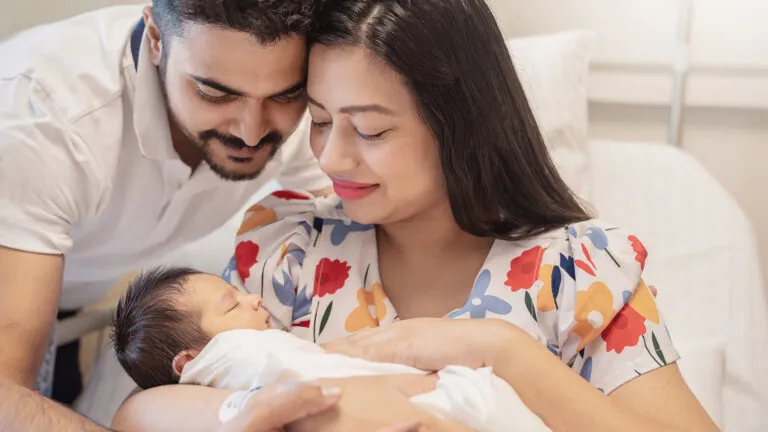Have you ever, as a parent, felt guilty, about your children? Have you ever worried for fear you weren’t giving them enough time, enough love, enough of yourself? If you have (and you’re an unusual parent if you haven’t), I’d like to pass along something I learned some years ago when our daughter Dena was quite small.
Dena is an only child, and like most very young children she could never understand why occasionally her parents had to leave her. My work required me to travel a lot, but this is hard to explain to a three-year-old. Dena just didn’t understand why I had to go away.
When she was about six, I used to fumble around, trying to prepare her for my departure so she wouldn’t be quite so hurt when I did leave. I would be extra nice, or talk about plans for all kinds of new fun. Whenever I did such things, Dena would say, “You’re going away again, aren’t you?”
And each time I returned home I rushed to her, and overwhelmed her with kisses and presents and promises of picnics and parties. All expressions of the guilt I felt at leaving her. I wanted her to overwhelm me too, and make up in one burst of love all that had accumulated during our separation.
I wanted very much to hear her say, “I missed you.” But she never said it. Each time I left and each time I returned I sensed a greater withdrawal by Dena.
While I was struggling to find some answer to this dilemma I had to go off on a long trip.
The World Health Organization and the United Nations Children’s Fund had told me that millions of children in Asia and Africa could be saved by modern medicine from the scourges of TB, leprosy, malaria, malnutrition, and the like, if the world could be made aware of their plight.
They asked me to help make the world aware of them by visiting the WHO’s centers to make a film called Assignment Children. I couldn’t refuse.
At one point on the trip, I found myself in a hospital in New Delhi, India, in a room where a mother and father sat quietly watching their little son who had just been brought in from the operating room.
When the boy awoke I expected them to rush toward him. They continued to sit quietly in their corner. The boy looked around and saw them, but said nothing. After a while he called to them, and they came. They touched him gently, never losing the restraint they had on themselves, never showing any fear or concern, though they must have felt both deeply.
They attended to his need, and when done returned to sit quietly. When he wanted something they saw to it. The boy determined when he needed them and how much he needed them. The parents did not smother him with their love or their fears but they were pillars of strength and comfort and security.
The lesson was vividly in my mind and heart when I returned home, and Dena and her mother met me at the airport. This time I didn’t bring the usual ton of gifts, nor did I lavish on Dena kisses and promises.
I greeted them both with a warm hug and kiss, and on the way home talked easily and casually about ordinary things. My wife, Sylvia, sensed what I was trying to do and, bless her, helped right along. I let Dena set the pace and ask the questions. For once I was trying to find out what she wanted, not satisfy what I wanted.
When we got home Dena squeezed my hand and said what I had wanted to hear her say for a long time, “I missed you, Daddy.”
I learned a lot that day—that day and the day I spent in a New Delhi hospital room watching a mother and father who knew how to give love, not smother it.
For more inspiring stories, subscribe to Guideposts magazine.





